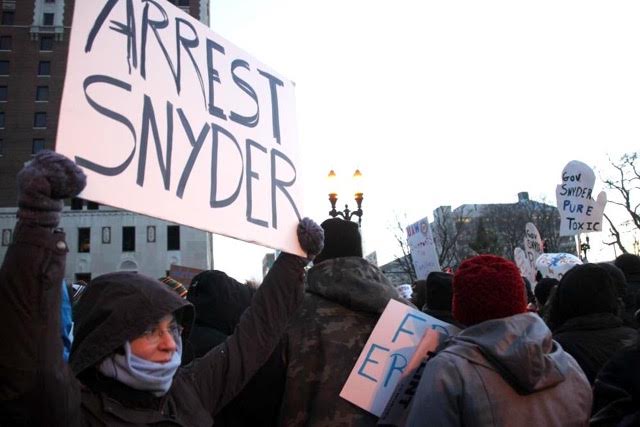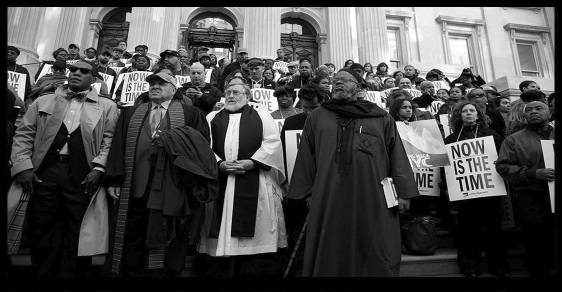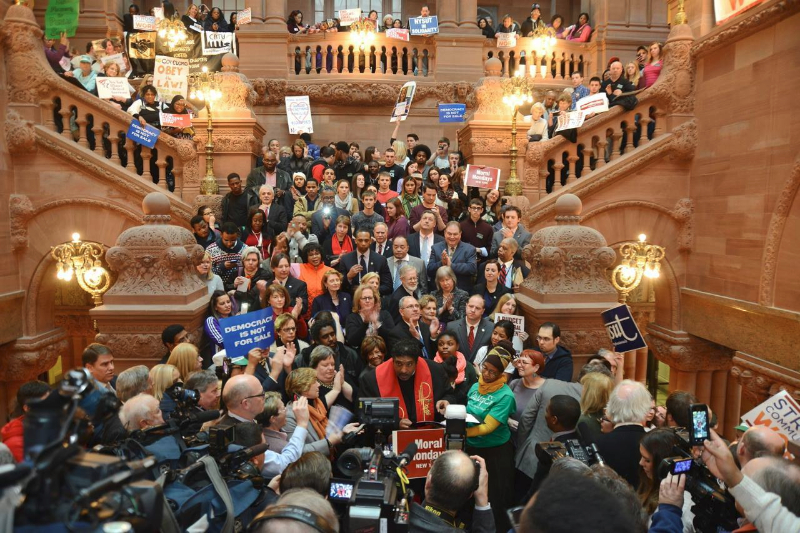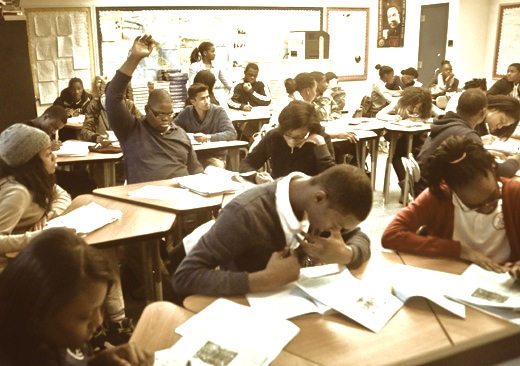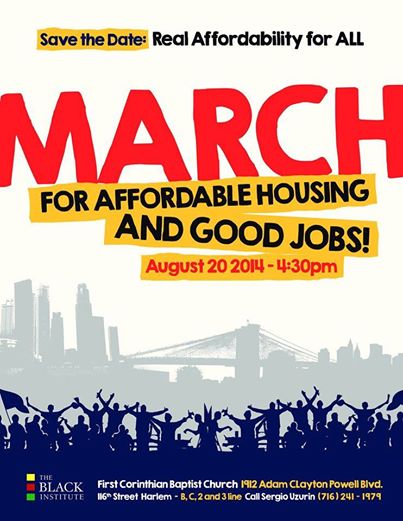We know the immediate effects of the Flint, MI crisis—how the combination of “emergency management,” austerity politics, and irresponsible governance literally poisoned the children of a poor, majority-black city. Thousands of children are now at risk for stunted growth and reduced learning development due to toxic levels of lead ingested through their drinking water.
That means long-term deprivation and, most likely, more cycles of poverty in hard-working communities of color. Yet environmental racism and willful disregard for society’s most vulnerable have a far wider reach.
Think of Baltimore, where the rate of lead poisoning in children is three times the national average–all concentrated in a few racially segregated zip codes. Or Louisiana’s “Cancer Alley,” with its chemical- and refinery oil-laced water and air. Or, closer to home, the South Bronx, where health disparities from industrial pollution and repeated “industry dumping” in our nation’s poorest congressional district include asthma, enduring mental illnesses, and obesity.
This isn’t new. The systematic environmental abuse of the poor and communities of color is decades-long. But it’s time to demand that more resources—not less—be put into the neighborhoods that most need them.
Right now, you can sign the petition by our friends at Color of Change and demand that budget cuts to the Center for Disease Control’s Healthy Homes and Lead Poisoning Prevention Program be restored to pre-2005 levels.
It’s a start. A stab at environmental justice. What’s happening in Flint must be prevented from happening elsewhere.

